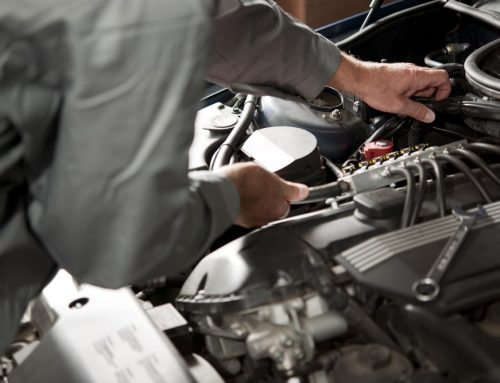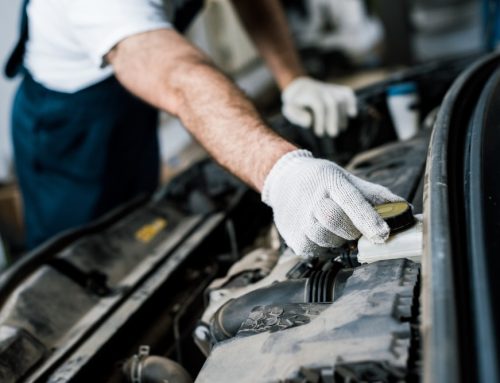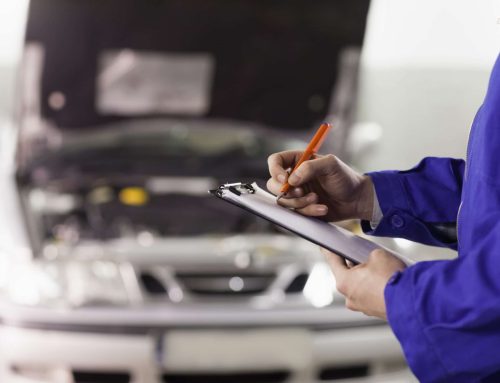If you are a Ferrari owner, then you expect your car to be high-performing at all times. This is why it can be so frustrating when the hydraulics in your vehicle starts to fail, especially when you own a newer model. If you happen to suspect that your Ferrari is having hydraulic trouble, you should contact your preferred mechanic and schedule an appointment to get this fixed as soon as possible.
The Hydraulic System in Your Ferrari
A hydraulic system uses hydraulics to efficiently create movement when either heavy loads or repetitive motions are involved. Hydraulics help to generate, transfer, or control power. Your hydraulic system needs fluids to work correctly, such as brakes and power steering, air-conditioning, and the transmission. Another system is the convertible top, as hydraulic fluid helps open and close the roof.
Reasons for Hydraulic System Failure
You could have a total failure of hydraulics in your Ferrari, or it could happen only in a specific area due to a leak. For instance, a leak of power steering fluid will not affect the brakes. So the first thing you will need to determine is where the leak has occurred. If you are having problems with multiple systems, the problem could be with the hydraulics themselves.
Here are some of the most common reasons for the failure of your Ferrari’s hydraulics:
- Fluid Quality and Levels: It is essential to use the correct type of fluid for each application in the car. Make certain the fluids are full. If they are not full, fill them and monitor how quickly they lower to see whether you may have a leak.
- Air and Water Contamination: One of the biggest reasons for total hydraulic failure is air and water contamination. These fall into two categories: aeration and cavitation. Aeration is when air enters the cavity of the pump from an outside source. Usually, this is caused by leaks in the system or loose connections.
Cavitation occurs when the dissolved air in the hydraulic oil is pulled out and it can implode. This causes problems and damages to the pump and other components in the hydraulic system over time.
- The hydraulics are not maintaining the proper temperature: Over time, the hydraulic system can have issues if it is too hot or cold. If the heat is too low, the fluid could thicken, making it harder for it to reach the pump. If the temperature is too high, the fluid could thin, preventing lubrication and making leaks more likely. If the heat is significantly high, the fluid could oxidize and thicken further. This thick fluid could cause buildups in the system.
- Human Error: The final cause of hydraulic failure in a Ferrari is human error. Things can be missed during manufacturing, tune-ups, and inspections. Also, someone not adequately trained may put mismatched parts and components together, which will result in hydraulic failure.
Common Signs of Hydraulic Failure
Here are four signs to watch for if you are concerned that your hydraulic system is failing:
- Unusual Noises: Some unusual noises you might hear include knocking, banging, or clattering.
- Delayed Reactions: If your vehicle has delayed or erratic operation time, there could be a problem. You might notice jerky movements or that your car does not operate in the typical amount of time.
- Cloudy Hydraulic Oil: If you have some of the above symptoms and notice that the oil is cloudy, you should contact your mechanic right away. If the oil is foamy, white, or milky, it is an indication that either air or water got into the oil.
- Hydraulic Oil Overheating: If your gauges show that your hydraulic oil is overheating, the system may be failing.
Foreign Affairs! Schedule an appointment for service. You can find us located at 1681 N Military Trail, West Palm Beach, FL 33409.




